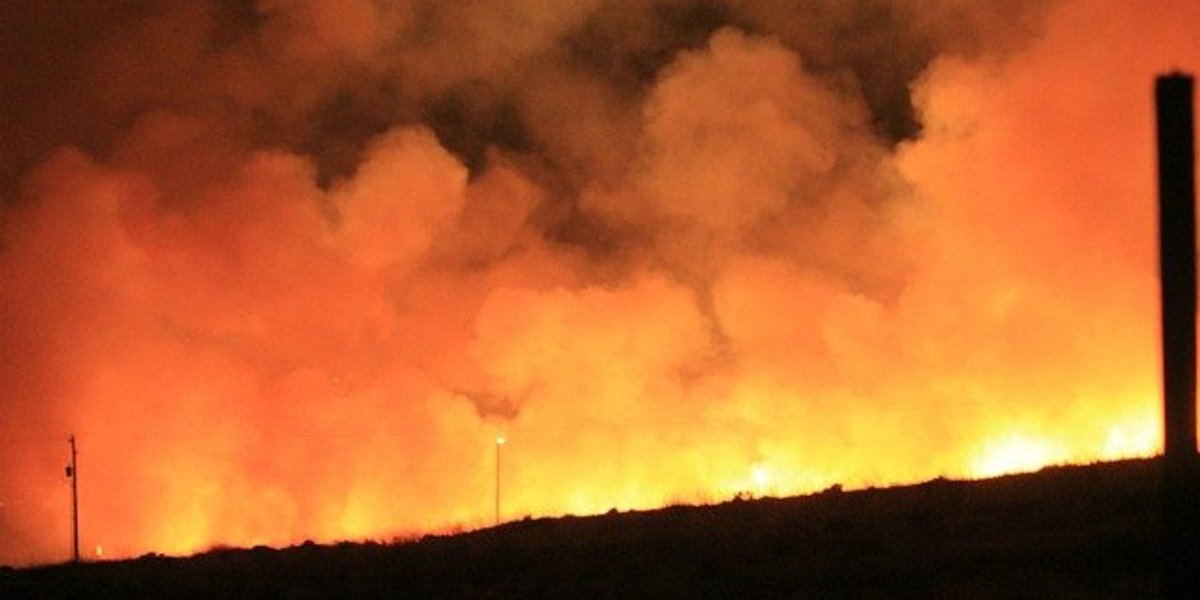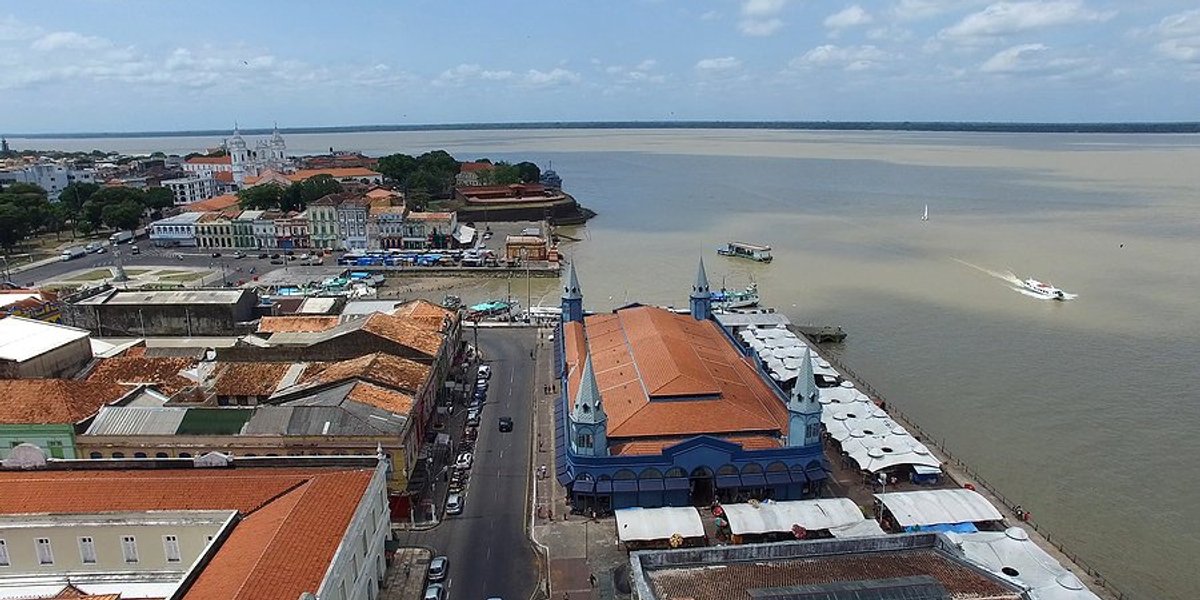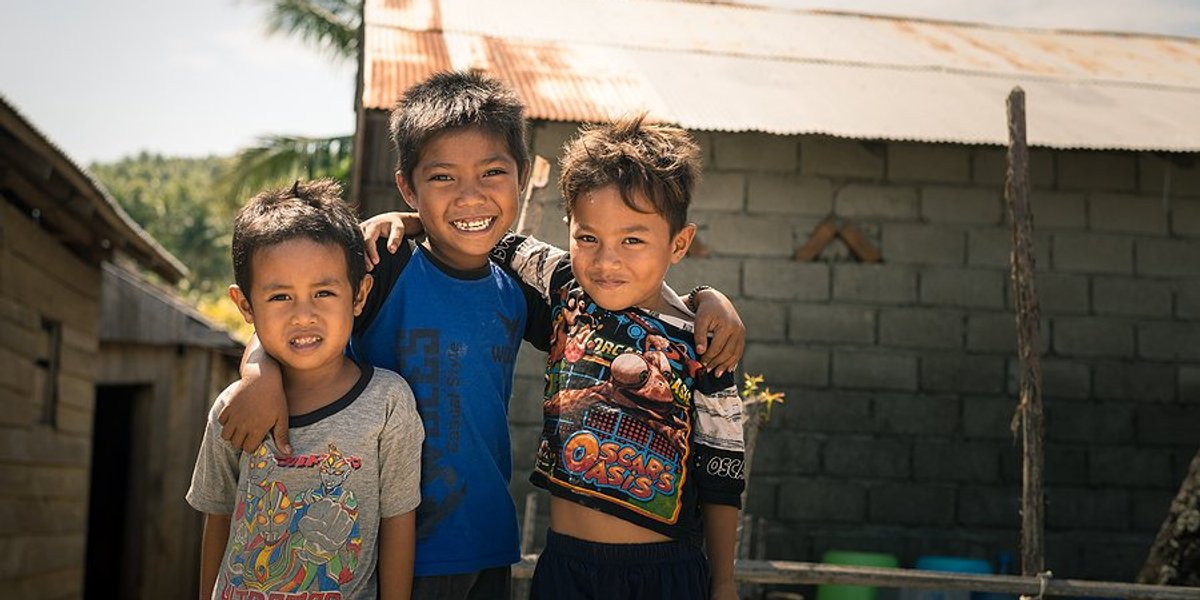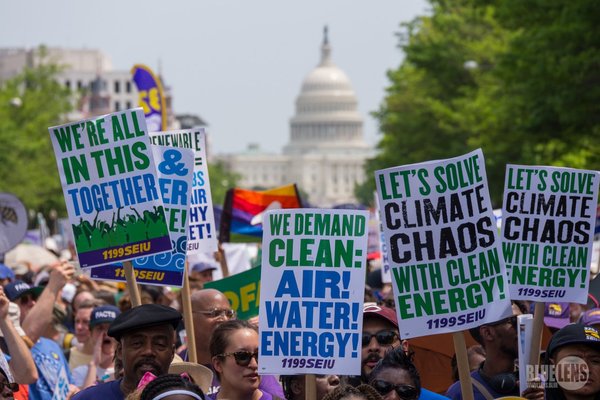
Agribusiness lobbyists maintain strong influence at COP29 climate summit
Hundreds of industrial agriculture lobbyists, representing major meat, dairy and pesticide companies, used COP29 in Baku to push market-driven climate "solutions," raising concerns about conflicts of interest in the talks.
Rachel Sherrington reports for DeSmog.
In short:
- Over 200 agriculture lobbyists, many tied to corporations like JBS, Bayer and Nestlé, attended COP29, with nearly 40% using country badges for privileged access (a significant jump from just two years ago, when only 5% had this type of accreditation).
- Critics argue these representatives divert attention from sustainable reforms by promoting technological fixes that fail to address the root causes of emissions from agriculture.
- Lobbyists oppose tougher environmental regulations, increased supply chain transparency and policies to promote dietary changes.
- Brazil, hosting next year’s COP, brought the largest delegation of agribusiness representatives, sparking fears of industry dominance in upcoming talks.
Key quote:
“The significant presence of lobbyists impedes the prospect of meaningful transformations in our food and agricultural systems. This devalues COPs and puts their very raison d’etre at grave risk.”
— Kelly Dent, global director of external engagement at World Animal Protection.
Why this matters:
Industrial agriculture contributes up to one-third of global greenhouse gas emissions. Allowing its lobbyists to dominate climate summits risks sidelining community-led solutions critical for tackling climate change. Without transparency reforms, corporate interests could hinder essential systemic changes.












